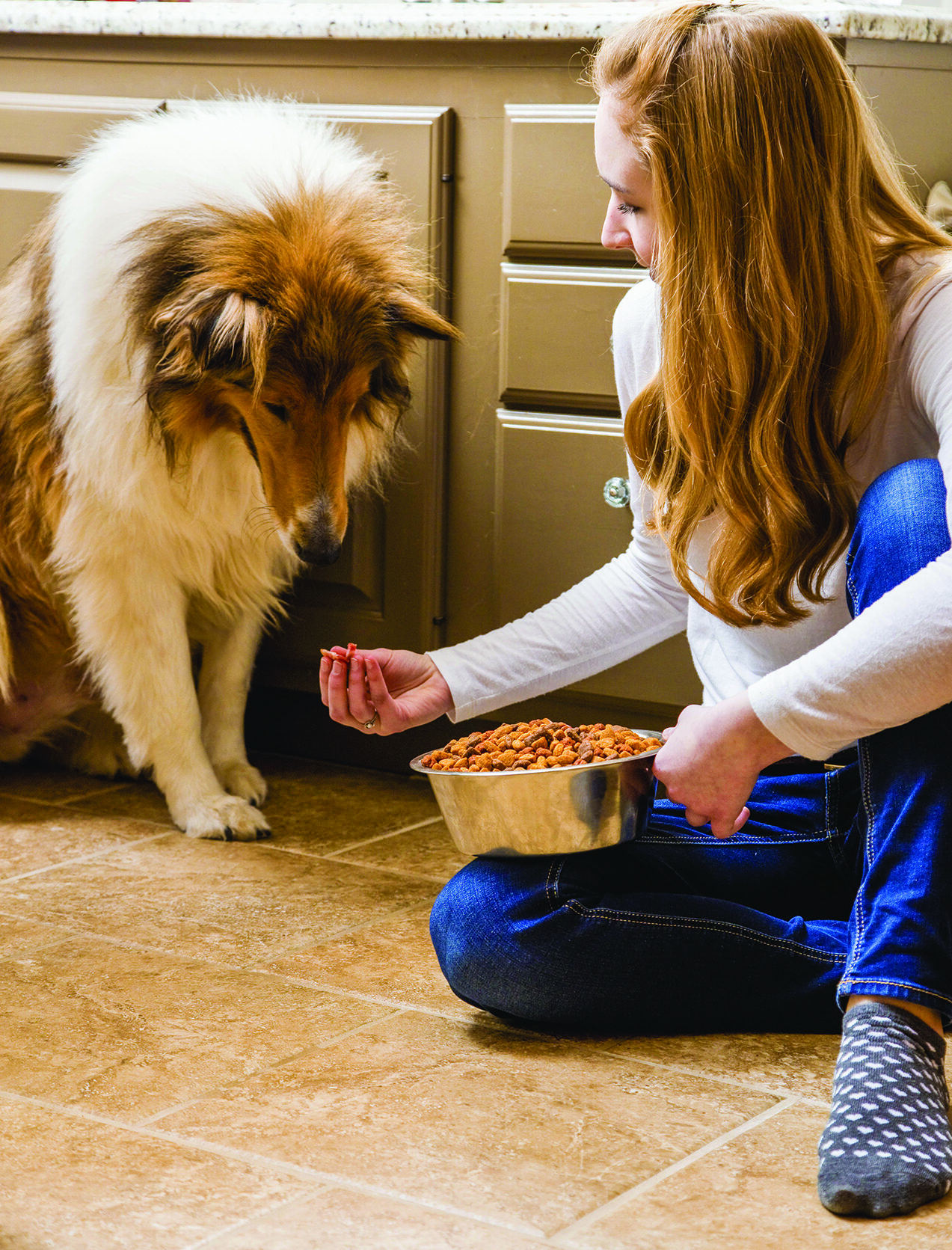The image of a dog devouring a bowl of food is a familiar one for dog owner, but many picky pooches will turn up their noses at even the most savory selections.
So what’s going on when your finnicky canine refuses to eat?
- Dogs may refuse to eat if they have a virus or do not feel well. Similarly, medications can adversely affect appetite.
- Refusal to eat may be a symptom of a major life change, such as a move, home renovation or the arrival of a baby.
- Dogs like routine, and when their food formula changes due to a change made by the veterinarian, they may not eat. Patience is necessary in such instances, as dogs may need some time before they acclimate to a new diet.
The American Kennel Club suggests these strategies for picky eaters.
- Dogs do not crave variety; they live for consistency. Do not change the dog’s food frequently or because you feel they need a buffet.
- Exercise your dog more, as this can stimulate metabolism and appetite.
- Pick up food after a certain period of time, such as 20 minutes. The dog will learn to eat during that period or face waiting until the next feeding.
- Reward eating after the meal has been consumed so the dog associates eating with good attention. Do not provide any attention to sad, puppy dog eyes and never yell at the dog for not eating.
- Dogs can go a few days without eating, particularly if the pooch is drinking water and showing no signs of illness. So don’t fret. A hungry, stubborn dog will eventually eat.












